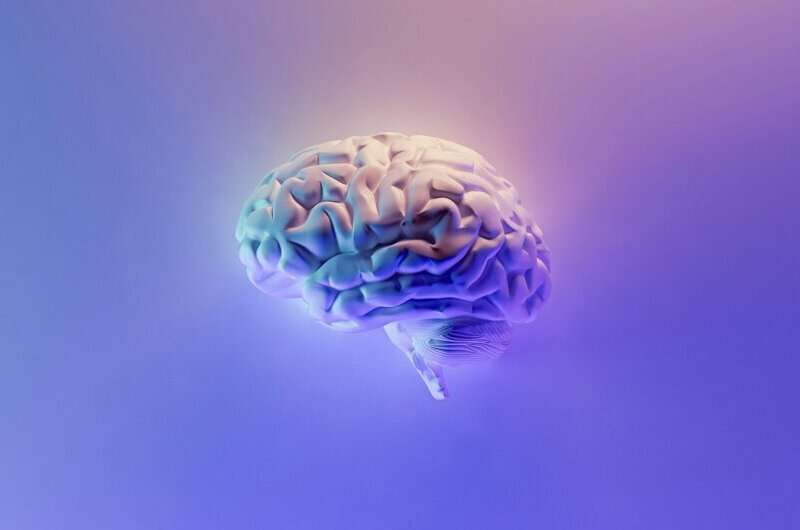This article has been reviewed according to Science X's editorial process and policies. Editors have highlighted the following attributes while ensuring the content's credibility:
fact-checked
trusted source
proofread
Using AI to enhance social connection for those with dementia

Researchers at Kent's School of Computing have co-designed with therapists a conversational AI tool to enhance the lives of people with early-stage dementia. The AI tool called MindTalker, integrates the advanced capabilities of GPT-4 (created by OpenAI) and is designed to offer personalized interactions.
It aims to alleviate the isolation often experienced by people with dementia through engaging and meaningful conversation. The paper is published in the Proceedings of the CHI Conference on Human Factors in Computing Systems.
Participants with dementia who took part in the research to develop MindTalker shared that they desired a personal touch from AI, while stressing the irreplaceable value of human interactions. They valued the novelty of AI, but sought more consistent, deeper interactions.
This market research helped shape the development of MindTalker, which offers a new form of "social relationship," enabling users to connect on a deeper level—beyond the superficial interactions that are common with existing digital aids.
The lead researchers, Professor Jim Ang and Ph.D. student Anna Xygkou, believe that the implications of MindTalker also extend far beyond individual users, potentially transforming the landscape of dementia care globally.
The research also addresses critical ethical considerations, ensuring that advances in AI are leveraged responsibly, with a focus on enhancing human connections rather than replacing them.
Professor Ang said, "Our research highlights the potential for conversational AI to serve as a companion, providing emotional support and cognitive stimulation for those with dementia. As this technology evolves there must be a delicate balance between human-like AI and upholding transparency and authenticity."
Anna Xygkou added, "This project paves the way for further innovations in health care technology, encouraging the development of AI applications that are empathetic, context-aware, ethical, and effective."
More information: Anna Xygkou et al, MindTalker: Navigating the Complexities of AI-Enhanced Social Engagement for People with Early-Stage Dementia, Proceedings of the CHI Conference on Human Factors in Computing Systems (2024). DOI: 10.1145/3613904.3642538





















